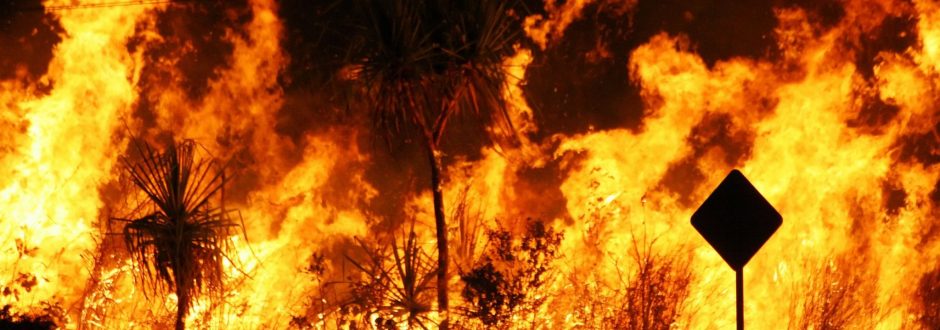The Sisters of the Good Samaritan have joined Catholic leaders from G20 countries who have sent a letter to world leaders ahead of crucial United Nations climate meetings this month, urging them to consign fossil fuels to history.
The religious leaders – 33 bishops and 37 leaders of religious congregations – said they had sent the letter in solidarity with their brothers and sisters in their own countries and in the poorest and most climate vulnerable countries.
“The voices from the communities we work with are ringing out,” the letter says.
“Climate change is a present reality that is affecting our brothers and sisters around the world, particularly those in poor and climate vulnerable communities who have contributed to this issue the least.
“We see increasingly severe and frequent droughts and floods, loss of crops, and destruction of land. We cannot and must not be quiet in the face of such suffering and injustice.”
Council member of the Sisters of the Good Samaritan, Sister Catherine McCahill, signed the letter on behalf of the Sisters in Australia, Japan, the Philippines and Kiribati.
She joined other Australian signatories including Bishop Vincent Long OFM Conv, Monica Cavanagh RSJ, Peter Carroll FMS, Anne Walker (Catholic Religious Australia), Mary Barbuto NDS, Melissa Dwyer FdCC, Brenda Kennedy CHF, Catherine O’Connor CSB, Philippa Murphy FDNSC, Margaret Barclay PBVM, Eveline Crotty RSM, Paul Cahill OCarm, Lucy van Kessel PBVM, Catherine Lacey SM and Mary-Louise Petro RSM.
Catholic leaders from Argentina, Brazil, Mexico, the US, Africa, South Africa, Indonesia, India, South Korea, Japan, the UK, Italy and Germany also signed the letter.
Catherine said the urgent plea to G20 leaders was timed to coincide with the upcoming COP26 United Nations Climate Change Conference scheduled to take place in Glasgow from October 31 to November 12. Pope Francis had been scheduled to take part but earlier this month the Vatican announced that Secretary of State Cardinal Pietro Parolin would attend instead.
“The Sisters of the Good Samaritan wanted to join this urgent call for action because we know first-hand from our ministry in Australia, Japan, the Philippines and Kiribati how climate change is affecting people,” she said.
“Each of our centres is impacted. We see landslides and flooding in Japan; the Philippines has just experienced another typhoon and is increasingly vulnerable to severe weather events; the situation in Kiribati is dire as sea levels rise, threatening the very life, home and livelihood of the people;
“in Australia the effects of climate change are clear with increasingly severe bushfires, floods and damage to our oceans and reefs.”
The letter from world leaders says the science on global warming is now clear.
“The world needs to keep fossil fuels in the ground if we are to limit global warming to a below 1.5°C temperature rise by the end of 2030,” the leaders say.
They call on governments to use the G20 meetings in October to consign fossil fuels to history by:
- Stopping any new developments of coal, oil and gas within the signatories’ own countries;
- Immediately ending all funding of fossil fuels – including coal, oil and gas – abroad;
- Massively scaling up investments in clean and safe forms of energy such as wind and solar power, that prioritise energy access for the poorest communities; and
- Making good on promises to provide climate finance to support communities already affected by the impacts of climate change.
Catherine said the decision for the Good Sams to join the urgent plea to ditch fossil fuels was driven by the question posed to Jesus in the Parable of the Good Samaritan: ‘Who is my neighbour?’
“What we have come to realise is that we are neighbour to each other and the earth is neighbour to us,” she said.
“The earth itself will teach us to be neighbour. Let the land speak, let the trees and the natural environment speak to us. And let the people whose lives are so intertwined with their environment teach us what is at stake if we don’t act and why it is now urgent that we do.”
This article was published in the October 2021 edition of The Good Oil.


